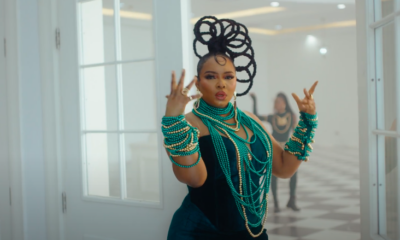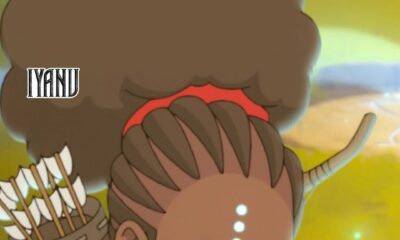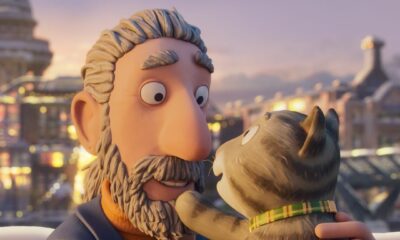Features
“Everything Around Me Inspires Me”: Roye Okupe on What Inspires Him to Create “Iyanu” and Other Animations
From a young boy in Surulere glued to Cartoon Network, to a creator with a popular animated series, Iyanu, airing on the same network across the world, Roye Okupe’s journey is nothing short of extraordinary. The Nigerian-born creative is presenting African animation on a global scale, staying true to his roots while building a new future for African superheroes.
His series, Iyanu, now streams on Showmax and is currently the number one kids series across Africa. It’s ranked number one among kids 2-12 on Cartoon Network, and as a top 10 kids and family series on HBO Max.
In this conversation, Roye speaks with us about the long road to Iyanu, preserving authenticity in storytelling, and why patience, persistence, and purpose are the most powerful tools for any young creator.
Enjoy the conversation.
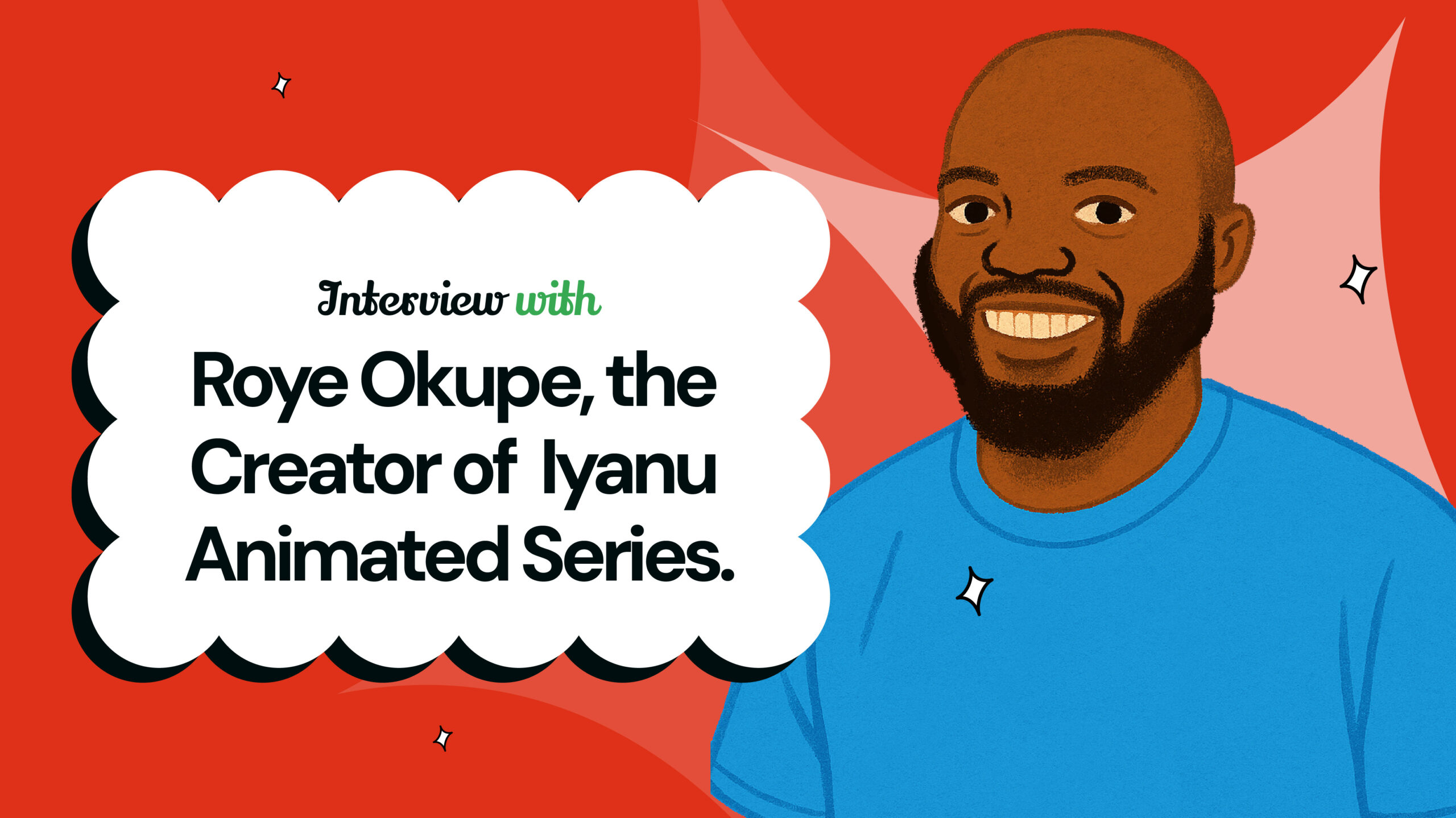
Hello Roye. I hope you’re doing okay. How are you feeling today?
I feel great. I’m pumped and excited about Iyanu’s release in Nigeria and across Africa. Honestly, I can’t even describe the feeling; it’s surreal.
Congratulations on that! Let’s start from the beginning. What was your childhood like in Nigeria, and how did those early years shape your imagination and love for storytelling and creations?
I grew up in Surulere, and almost every morning, I would watch both Cartoon Network and DStv/Mnet, glued to the TV watching cartoons, so much so that my mom would have to drag me away just to get to school. To be in a position now where I’ve created and produced an animated series airing on Cartoon Network and HBO Max in the US, and now on Showmax in 44 African countries, is nothing short of amazing.
You studied computer science, and studied animation and storytelling almost at the same time. But the computer science side isn’t always obvious. Was there a specific moment or experience that pushed you to fully commit to animation?
Animation has always been my first love. But animation—and anything in entertainment, really—is very hard to break into. I released my first animated short film in 2008, and Iyanu was released this year (2025). So, in essence, it took me almost 20 years to get to this point. My computer science degree was gold because it allowed me to pay the bills while I figured things out.
Ironically, for a long time, I felt ashamed that I couldn’t be a full-time artist whose sole income came from my art. Looking back, that was a very silly and ego-driven response. There’s absolutely nothing wrong with prioritising your family’s well-being while slowly and consistently building your dream. Dare I say it’s the honourable thing to do? You must run your own race and not get distracted by how others run theirs. You can learn from people, but find your own path.
To answer your original question, however, the moment was when we brought on investors (Impact X). That’s when I knew it was worth leaping.
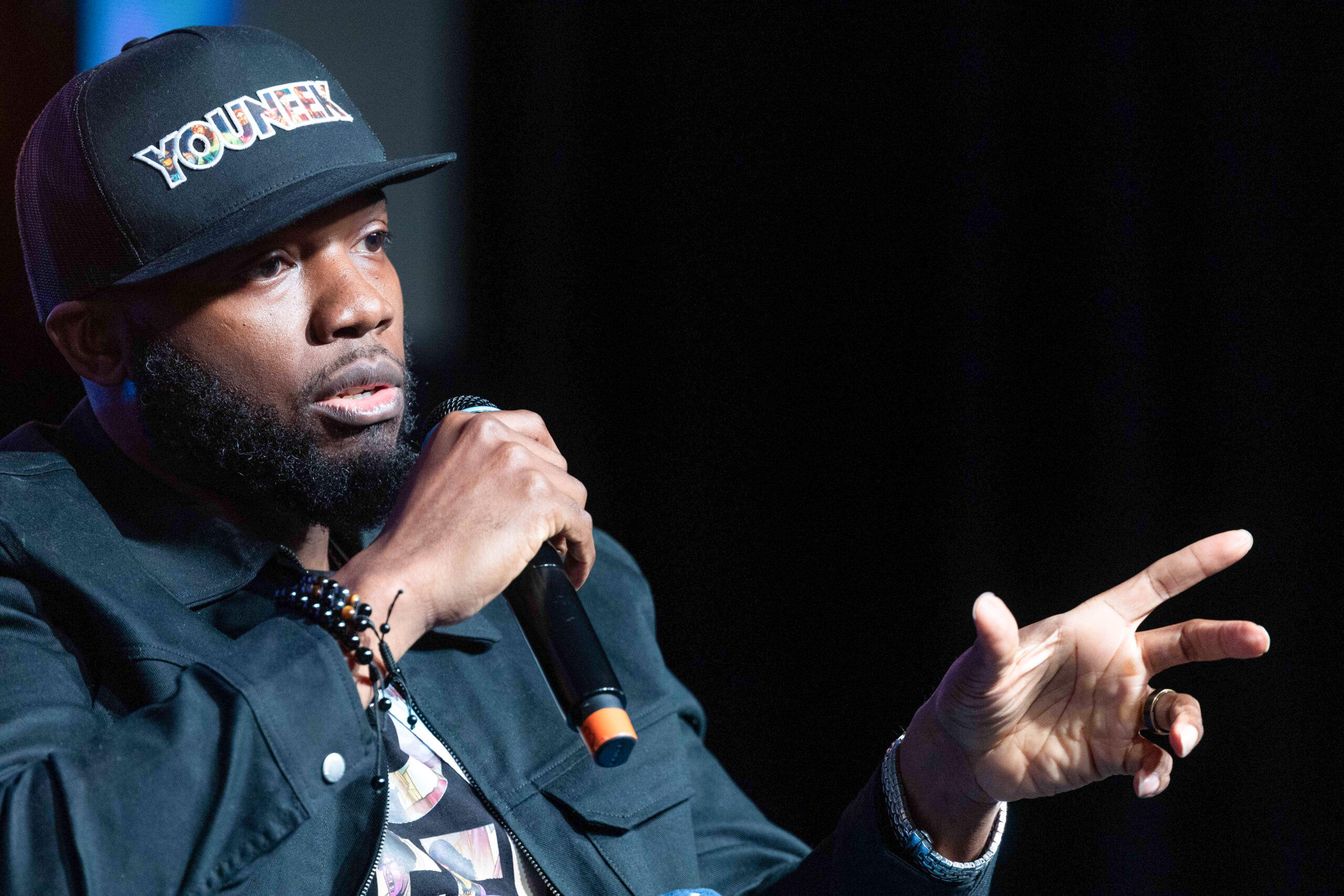
Creating African superheroes and animated stories that stay true to Africa’s identity is rare, if not nonexistent, in global media. What elements do you ensure are present in your creations to personally protect and preserve the African authenticity in your work?
It’s rare indeed. Authenticity is something I took—and still take—very seriously. But to be fair, I was also fortunate to have the right partners who felt the same way. Lion Forge Entertainment, the animation studio behind Iyanu, and Cartoon Network/Max, the US distributors, were very supportive of my desire to ensure the show was authentic to Yoruba, and by extension, Nigerian and African culture.
From day one, one of the big things for me was the voice actors. It was extremely important to celebrate Nollywood and African voices both on the continent and in the diaspora. We also brought on Godwin Akpan—who illustrated Volume 1 of the Iyanu graphic novel—as Art Director. And Femi Agunbiade, a longtime friend and amazing composer, came onboard as lead composer (with support from BlakWater Studios).
Having Nigerians in key creative roles explains how invested Lion Forge was in authenticity. And it’s something I will always be grateful for.
From all your projects, is there one you’re currently most excited about creating? What makes that particular story or idea so special to you right now?
Without a doubt, it’s Iyanu. And it’s because of the fans. The reactions online and on social media have been so humbling. The ratings, the success it’s had on Cartoon Network and Max—it’s nothing short of a blessing. I’m so grateful to God for the opportunity to not only have my work in front of millions of people but to see how much people love the show. That’s what makes it special. The fans—their reactions, their questions, their theories about the story and characters—that’s what makes it all worth it.
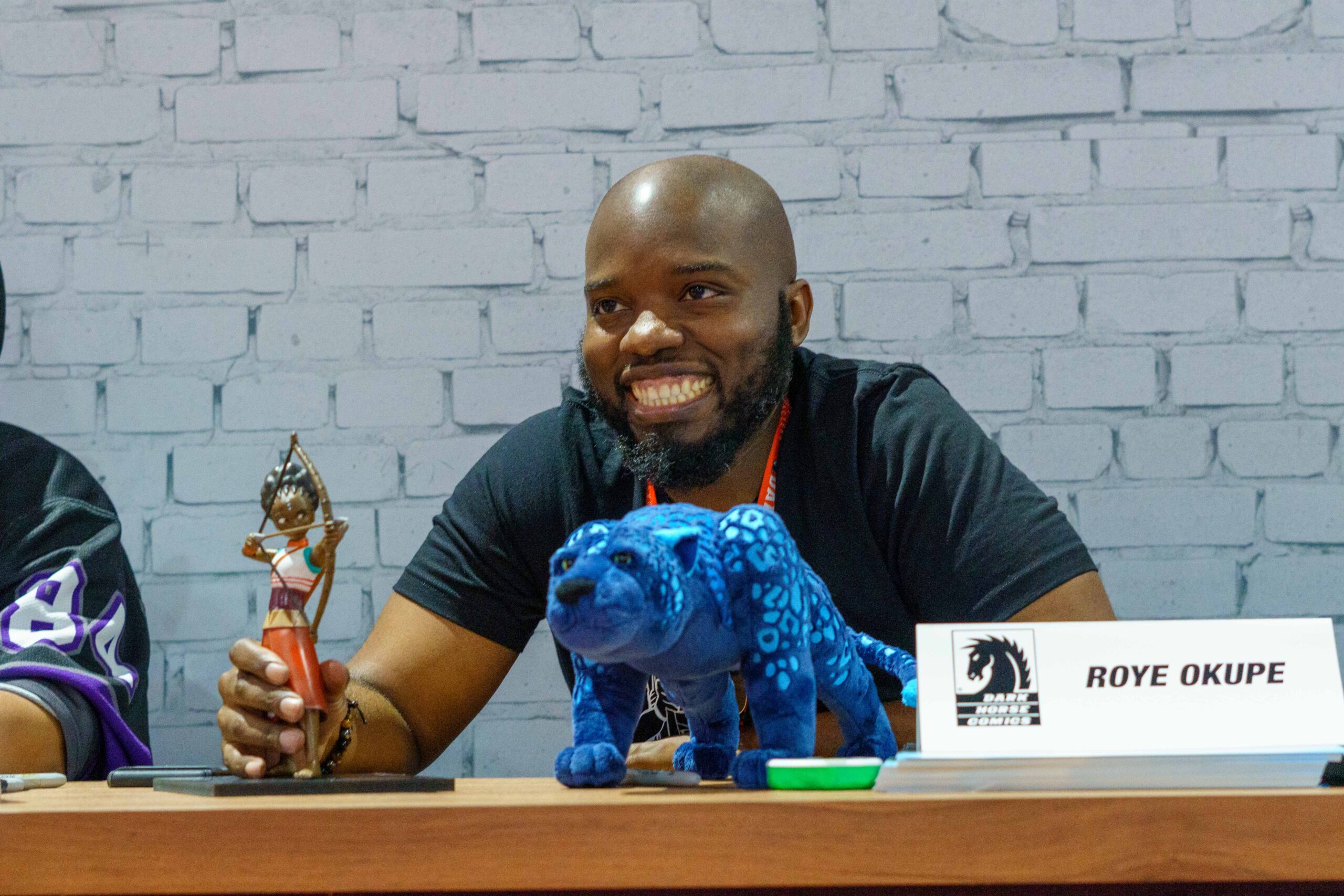
Is there ever a film or comic series that you wish you had created?
Almost everything I’ve ever wanted to create, I’ve created. From the moment I started YouNeek Studios, my entertainment/production company, my focus has been to tell the stories I want to see. With the advent of social media and Kickstarter, I was fortunate to take a risk at a time when I had the tools to create without needing permission. E.X.O. – The Legend of Wale Williams to Malika, Warrior Queen, WindMaker, The Oloris, The Asiri—these are stories I wanted to tell, and I did. So if you’re a fan of Iyanu, I urge you to check out some of my other graphic novels. You can even read them for free on our website.
I’d like to know about your creative process, especially for young creators reading you right now. What informs and inspires the stories you tell?
Everything around me inspires me. Family, pain, success, failure, grief, love—if you can feel them, you can create around them. No one on this planet is like you. There are billions of people in the world, yet no one will ever have your exact life experiences.
Where you were born, who your parents are, your first love, your first heartbreak, your dreams, your fears, your friends, all of that makes your perspective unique. Use it. I’ve always leaned into what makes me different and put it on the page. And for younger creatives, I always say, don’t wait. Just go. Just do. Find your MVP—minimum viable product—and create it.
Disney started with one man and one idea: Mickey Mouse. I always ask people, “What’s your Mickey Mouse?” Start with that. Build from there. Take feedback, get better, and grow.
Patience. Persistence. Hard work. Humility. Those values, and finding the right people to surround myself with, have done wonders for me. It won’t be easy. Nothing good ever is. But it will be worth it when you do it well and define your version of success. Run your race.
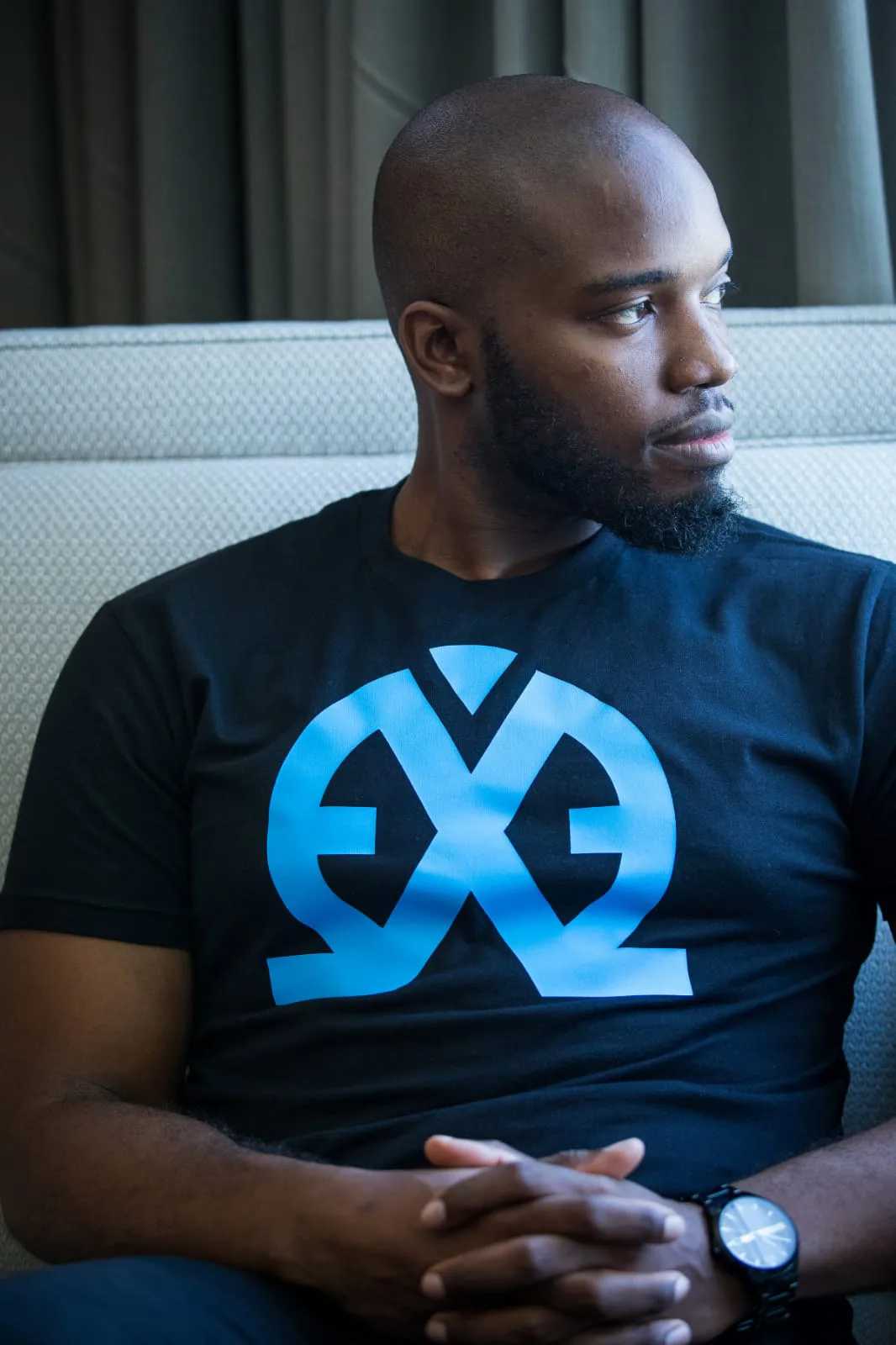
What future projects or stories are you hoping to tell in the coming years? Are there themes or genres you haven’t explored yet that you’re diving into next?
There are many more stories I want to tell—many more of my comics I’d love to adapt for TV, film, and animation. But right now, my focus is ensuring Iyanu is the best show it can be. If I can do that, I believe everything else will fall into place.
You performed multiple roles in creating Iyanu, and I think this allows you to achieve the maximum representations in the series because you’re fully present in every stage. I’d like to know the most challenging aspect of creating Iyanu
Yes, I had to wear multiple hats, but I’ve done that my entire career. As an entrepreneur, you learn early how to wear many hats—it’s about survival. But what that does is give you empathy. When you step into leadership, you can relate to and support your team because you understand how hard each role is.
Before Iyanu, I ran multiple startups, wrote and published 10 graphic novels, and produced and directed short films. So by the time I became EP and Showrunner on Iyanu, I had—at one point or another—been a writer, director, producer, editor, animator, art director, sound engineer, VFX artist, digital marketer, social media manager, PR liaison, graphic designer, and more. That helped me collaborate across departments and have empathy for everyone I worked with.
In terms of challenges, the biggest one was patience. It took almost 20 years to get to this point, and five of them were spent on Iyanu. It’s mentally draining working on something for so long without anyone but your team seeing it. But I’m glad I pushed through.
Well done on that
Thank you.
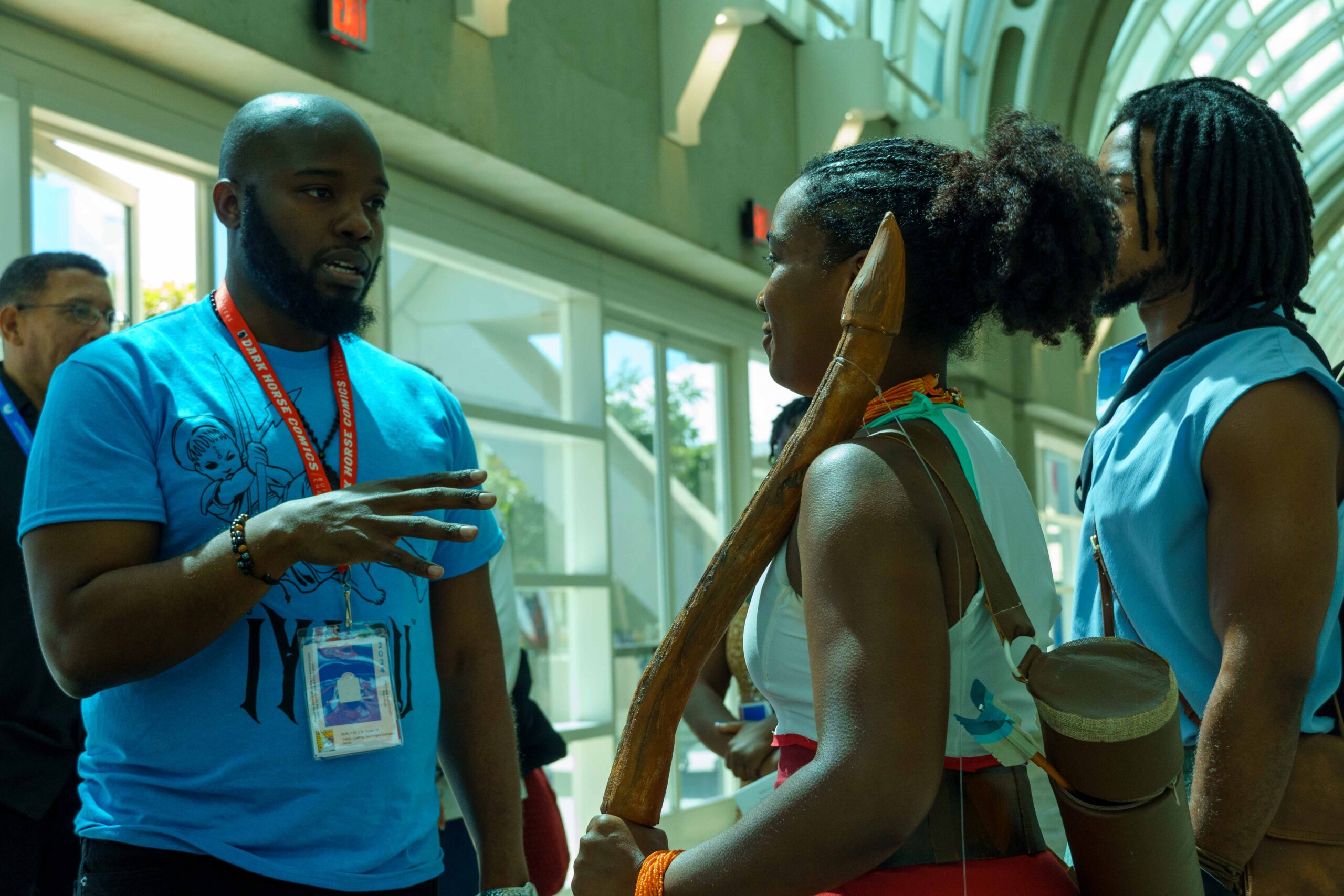
When you’re not building worlds or writing scripts, how do you recharge? What does downtime look like for Roye Okupe?
I love my family. Spending time with my beautiful wife and daughter means everything to me. My wife is actually my secret weapon. I have so much joy at home—it allows me to be the most creative at work. I also have a big extended family, and being around them is what keeps me grounded.
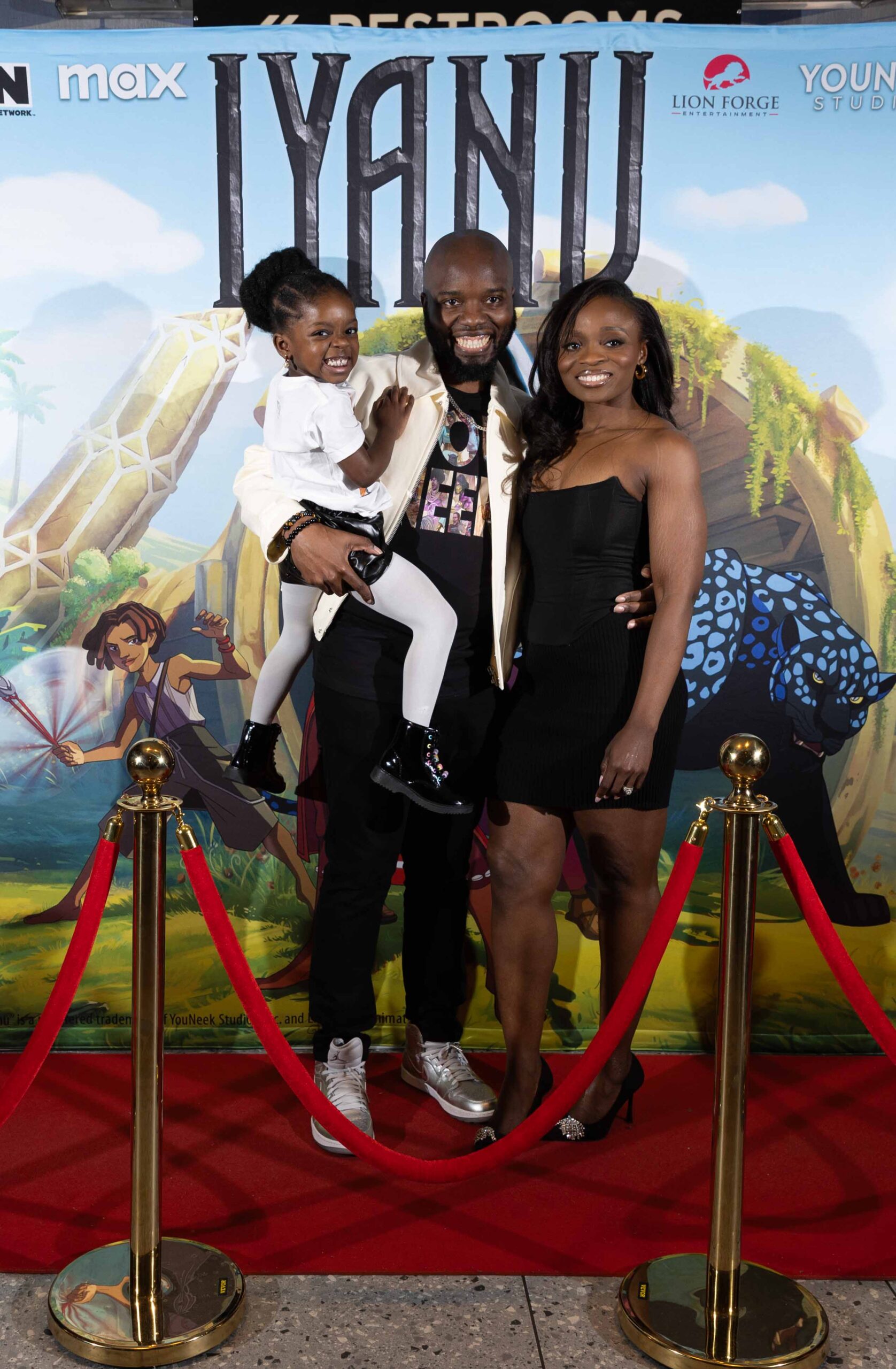
Looking back at how far you’ve come, what would you say to young Africans who have big, bold ideas but don’t know where to begin?
Start small. Like I said earlier, what’s the smallest unit of work you can create and put out to the world? If you want to do a movie, can you start with a short film? If you want to make a game, can you create a prototype? If you want to do a 100-page graphic novel, can you start with 10 pages and give it away? If you want to write a screenplay, can you begin with a short story?
The list goes on. Find the smallest unit. Put it out there. Get feedback. Get better. Then take a bigger step. And keep moving forward.
No one owes you anything. You’ve got to fight for what you want. And don’t be afraid to fail. That’s where some of the most important life lessons lie—in failure.
Thank you for your time, Roye
Thank you for having me.


